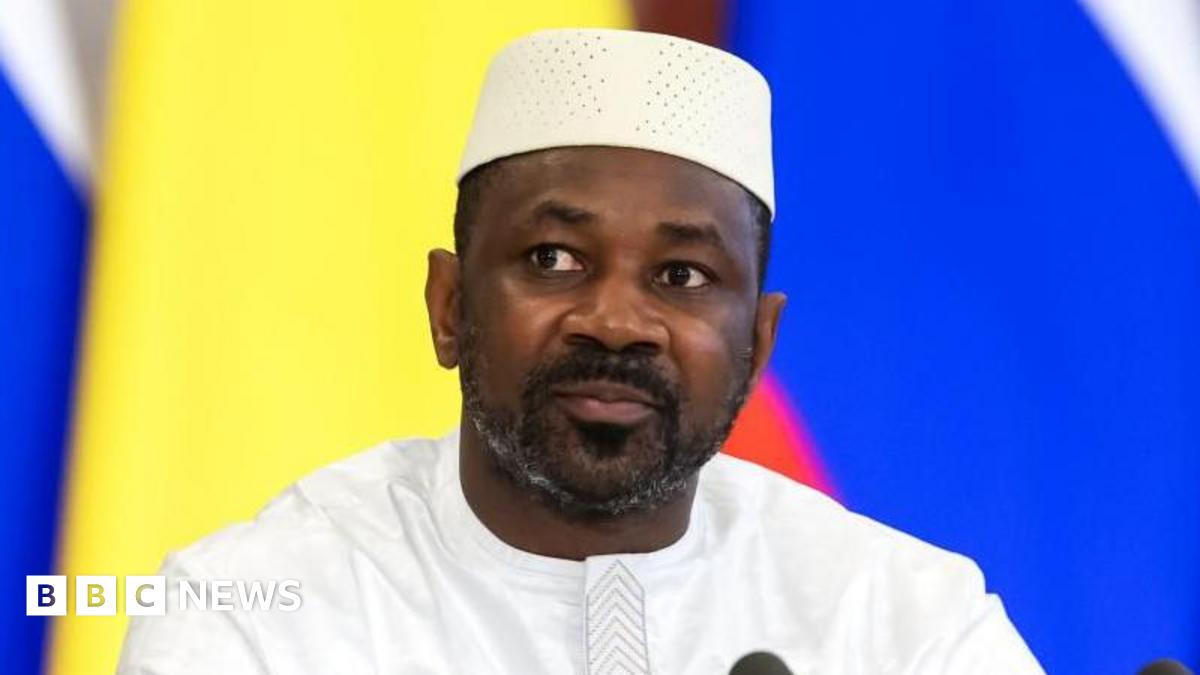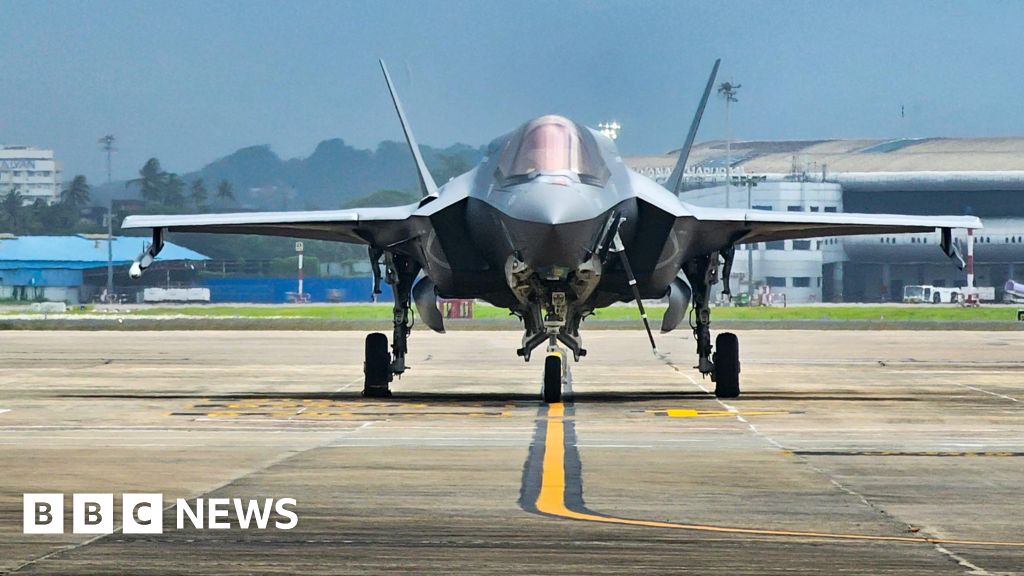Mali's Junta Leader Goïta Granted Five-Year Term, Sparking Concerns Over Democratic Transition

BAMAKO, Mali – In a move that has drawn both domestic and international scrutiny, Mali’s transitional parliament has officially approved a five-year presidential term for military leader General Assimi Goïta. This term, significantly, is renewable without the need for elections, effectively extending the junta’s grip on power.
Goïta, who initially seized power in a coup in August 2020 and then again in May 2021, already holds the position of transitional president. The decision by the transitional parliament, composed largely of military officers and appointed civilians, solidifies his authority and postpones the return to civilian rule that was initially promised.
The justification provided by supporters of the move centers on the ongoing security challenges facing Mali, including the persistent threat of jihadist groups operating in the north and central regions. They argue that a stable, albeit military-led, government is necessary to maintain order and effectively combat terrorism. However, critics contend that extending the junta's rule undermines democratic principles and risks further instability.
International Reaction and Concerns: The international community has reacted with a mixture of concern and disappointment. Several Western nations, including France and the United States, have expressed reservations about the decision, emphasizing the importance of a swift return to democratic governance. The Economic Community of West African States (ECOWAS) has previously imposed sanctions on Mali in response to coup attempts and delays in the transition process, and further measures are anticipated.
“This decision is a setback for the democratic aspirations of the Malian people,” stated a spokesperson for the U.S. State Department. “We urge the transitional authorities to adhere to the agreed-upon timelines for a return to civilian rule and to ensure the full participation of all stakeholders in the transition process.”
The Political Landscape in Mali: Mali has been grappling with political instability for years, compounded by economic hardship and a lack of effective governance. The coups led by Goïta have further destabilized the country and complicated efforts to address these challenges. The transitional parliament's decision raises questions about the future of democratic reforms and the prospects for a peaceful transition to civilian leadership.
The five-year term granted to Goïta effectively freezes the political landscape for the foreseeable future, potentially hindering efforts to address the country's deep-seated problems. The international community will be closely monitoring the situation, and pressure is likely to mount on the junta to demonstrate a genuine commitment to a democratic transition.
Looking Ahead: The path forward for Mali remains uncertain. The junta's continued hold on power raises concerns about the long-term stability of the country and its ability to address the complex challenges it faces. The coming months will be crucial in determining whether the transitional authorities will heed international calls for a return to civilian rule or further entrench their power.




